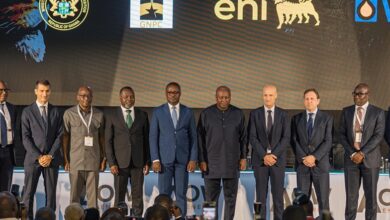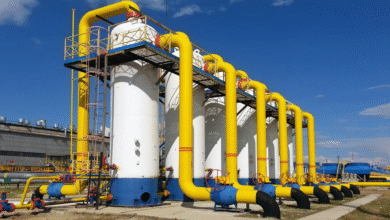‘Surgical’ review of PRMA Hits Free SHS, PIAC & ABFA Hard

As part of the government’s economic reset agenda, Ghana is revising the legal framework that governs how petroleum revenues are allocated. The move involves amendments to the Petroleum Revenue Management (Amendment) Act, 2025 (Act 1138), which could significantly reshape how oil funds are distributed and used.
Since its introduction in 2011, the Petroleum Revenue Management Act (PRMA) has been regarded as a model for transparency in resource governance. It ring-fenced petroleum revenues for national development priorities and insulated funding decisions from short-term political considerations. The law also ensured predictable funding for institutions and initiatives such as the Public Interest and Accountability Committee (PIAC), the Ghana Infrastructure Investment Fund (GIIF), and later the Free Senior High School (Free SHS) programme through the Annual Budget Funding Amount (ABFA).
Under the new amendment, however, the ABFA is now formally classified as part of the national budget. The amendment removes the provision that guaranteed direct allocations to specific agencies and programmes. This change places greater discretion in the hands of the Ministry of Finance, which will determine, on a yearly basis, how petroleum revenues are shared across competing government priorities.
This marks a major shift from the original design of the PRMA, whose purpose was to ensure long-term development planning and limit the influence of annual political pressures on the use of oil earnings.
Implications for Key Institutions and Programmes
PIAC Funding
The amendment affects PIAC, the independent oversight body responsible for monitoring the use of petroleum revenues. Prior to 2015, PIAC depended heavily on the Ministry of Finance for financial support and frequently received only a fraction of its approved budget. The 2015 amendment allowed PIAC to receive direct funding from the ABFA, resulting in an average of 85.5 percent budget release between 2016 and 2024.
With the new amendment removing guaranteed allocations, PIAC may return to financial dependence on institutions it is mandated to oversee, raising questions about the strength of petroleum revenue oversight going forward.
GIIF and Infrastructure Development
The Ghana Infrastructure Investment Fund, which channels petroleum resources into strategic national infrastructure, will also lose its direct ABFA allocation. GIIF has supported major developments including hospital projects and upgrades at Kotoka International Airport. Without assured funding, the sustainability of long-term infrastructure investment could be affected, particularly at a time when the country’s infrastructure needs remain high.
Free Senior High School (Free SHS)
The Free SHS programme will no longer have a guaranteed source of petroleum revenue support and will now rely fully on the broader national budget. While government has stated that Free SHS will continue, its funding will now depend on yearly budget allocations, potentially exposing the programme to fiscal pressures.
Context: Declining Petroleum Revenue
The timing of the amendment coincides with declining crude oil production and lower petroleum revenue inflows. PIAC’s latest reports show that production has been falling for several years, and no new petroleum agreements have been signed since 2018. With revenues shrinking, the removal of spending safeguards introduces questions about long-term planning and fiscal stability.
Conclusion
The amendment provides government with greater flexibility in budget management, but it also reduces the predictability and protection that key development and accountability institutions previously enjoyed. How effectively this new framework balances fiscal flexibility with transparency and long-term planning will shape the future of Ghana’s oil-funded development priorities.




